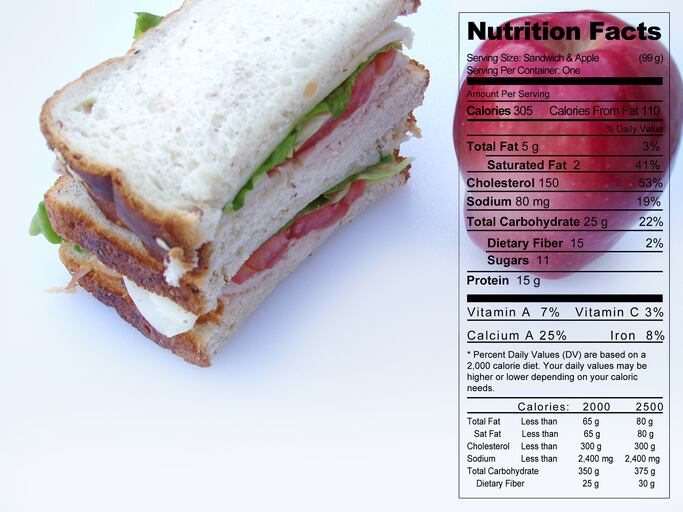On March 12, 2024, California State Representative Jesse Gabriel (D-Woodland Hills) put forth Assembly Bill 2316 that would ban “six harmful food dyes and titanium dioxide from California’s public schools.” If passed, the bill would ban Blue Dye No. 1 and No. 2, Green Dye No. 3, Red Dye No. 40, Yellow Dye No. 5 and No. 6, and titanium dioxide from products sold in schools.
Similar to the California Food Safety Act, Assembly Bill 2316 is being proposed after “human studies have linked these dyes to inattentiveness, learning difficulties, and restlessness,” the non-profit Environmental Working Group (EWG) shared in a release. The California Office of Environmental Health Hazard Assessment also released a study in 2021 that showed “many food dyes and colorants are known to make some children vulnerable to behavioral difficulties and decreased attention,” the organization added.
The bill was co-sponsored by Consumer Reports and the EWG, which similarly co-sponsored the California Food Safety Act, and referred to a policy committee with the first hearing planned for the spring. The bill will also amend several sections in the Education Code to add language on the banned ingredients.
“California has a responsibility to protect our students from chemicals that harm children and that can interfere with their ability to learn. As a lawmaker, a parent, and someone who struggled with ADHD, I find it unacceptable that we allow schools to serve foods with additives that are linked to cancer, hyperactivity, and neurobehavioral harms,” Gabriel shared in a prepared statement.
Food additive bans sweep the nation
Last year, Gabriel authored the California Food Safety Act, which was signed into law by California Governor Gavin Newsom on Oct. 7, which banned the use of brominated vegetable oil, potassium bromate, propylparaben, and Red Dye No. 3 from candy, cereal, soda, and other processed foods sold and made in the state.
This ingredient ban also follows a growing trend of state legislation that seeks to remove a myriad of food additives. Earlier this year, Illinois lawmakers proposed its own Food Safety Act, which seeks to ban brominated vegetable oil, potassium bromate, propylparaben, Red Dye No.3, and titanium dioxide. This week, Pennsylvania lawmakers also proposed two separate bills that would ban Blue Dyes No. 1 and 2, Red Dyes No. 3 and 40, Yellow Dyes No. 5 and 6, potassium bromate, brominated vegetable oil and butylated hydroxyanisole (BHA).
Environmental Working Group: “We don’t let the perfect be the enemy of the good”
To comply with the California Food Safety Act, food and beverage companies will incur “a multitude of one-time and ongoing expenses,” Bryan Hitchcock, chief science and technology officer at IFT, told FoodNavigator-USA at the time of the passage of the ban. Companies could achieve compliance with the new regulation, but they needed to “get started immediately with assessing the new requirements’ impact” on their products, he added.
However, Jocelyn Lyle, executive VP of mission and partnerships at EWG, pushed back on the idea that reformulating these products would inherently cost more money, during in an interview with FoodNavigator-USA at Natural Products Expo West.
“The food additives bill was tough. [Food and beverage stakeholders] were very defensive. It was called the Skittles bill ... Skittles in Europe are different than Skittles in the US because of these food additives that are in our products. And it was crazy that there was such pushback from industry because they’re already making a safer product for millions of other people, so you would think why not here,” Lyle elaborated.
Ultimately, lawmakers and the EWG “ended up compromising” with industry stakeholders on the ingredients in the California Food Safety Act, removing titanium dioxide from the list of banned ingredients, she said. While defending EWG’s position on the proposed banned ingredients in both bills, Lyle admitted that Assembly Bill 2316 might go the same way as the California Food Safety Act.
“Where EWG usually sits [is] we don’t let the perfect be the enemy of the good. We think progress is helpful to get more progress and then more progress, ... let’s not wait 30 years — let’s do one small step at a time to see if we can accomplish our goal. And so, we did have to compromise last year. We started with five, [and] we ended up with four out of this ban. And this year, I could see the food dye bill for school lunches perhaps following that same trend," Lyle said.





